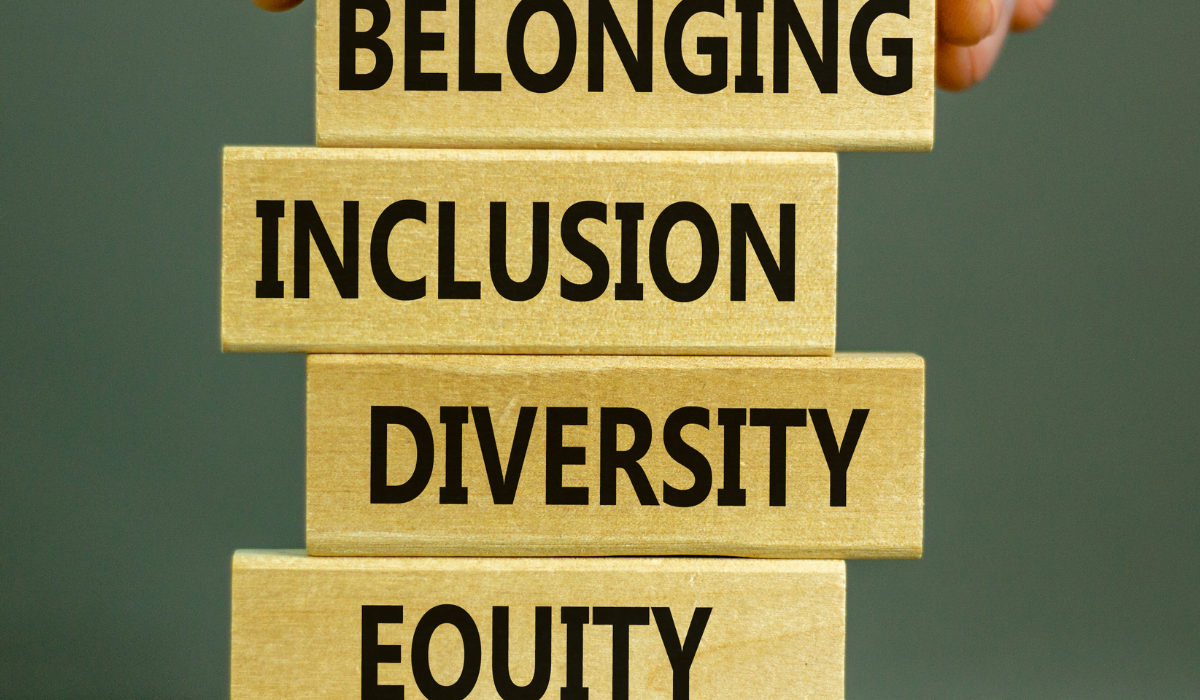The Advantages of Diversity, Equality, and Inclusion in the Workplace

As business leaders, it is our responsibility to ensure that our organisations are diverse, equitable and inclusive. These three practices are essential components of a successful organisational culture, as they can create a positive environment for employees while also leading to increased productivity and profitability. Let’s take a closer look at the advantages of diversity, equality and inclusion in the workplace.
The Impact of Diversity
When a workplace is diverse, it means that the company has staff from different backgrounds including race, gender, sexual orientation and more. This diversity brings together different perspectives and ideas which can be incredibly valuable for companies. McKinsey research has shown that businesses with diverse teams outperform non-diverse ones by up to 35%. Additionally, when employees feel included in a workplace regardless of their background or identity, they will be more motivated to perform well and contribute to their job.
The Value of Equality
In addition to diversity, equality between all team members is also important for success. When everyone is treated fairly regardless of their background or identity, they will feel respected in the workplace and this can lead to higher levels of engagement with their work. Furthermore, when people feel like their opinions are valued in the workplace without any bias or discrimination it leads them to take on leadership roles more confidently.
The Power of Inclusion
Finally, inclusion within an organisation goes beyond simply treating everyone equally; it requires creating an environment where everyone feels welcome regardless of who they are. This can include initiatives such as flexible working hours or offering professional development opportunities tailored towards marginalised groups. Doing this helps create an open and supportive atmosphere that encourages collaboration between different groups which leads to better problem-solving skills and creativity within the organisation overall.
Conclusion:
It’s clear that embracing diversity, equality and inclusion within an organisation can benefit employees and employers. Not only does it create a more positive working environment for employees but it can also lead to increased productivity and profitability for businesses as well. Business leaders should actively strive towards creating a culture where everyone feels valued regardless of their background or identity – because ultimately having a diverse workforce leads to greater innovation within the organisation itself. By implementing strategies such as flexible working hours or career growth programs tailored towards marginalised groups you can ensure that your organisational culture embraces these practices in order to maximise success.
Read more about our performance improvement case study that helped the company’s managers to deal with the typical remote-team issues of, communication, performance management, delegation, and team management in multicultural work settings.

